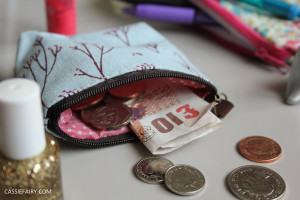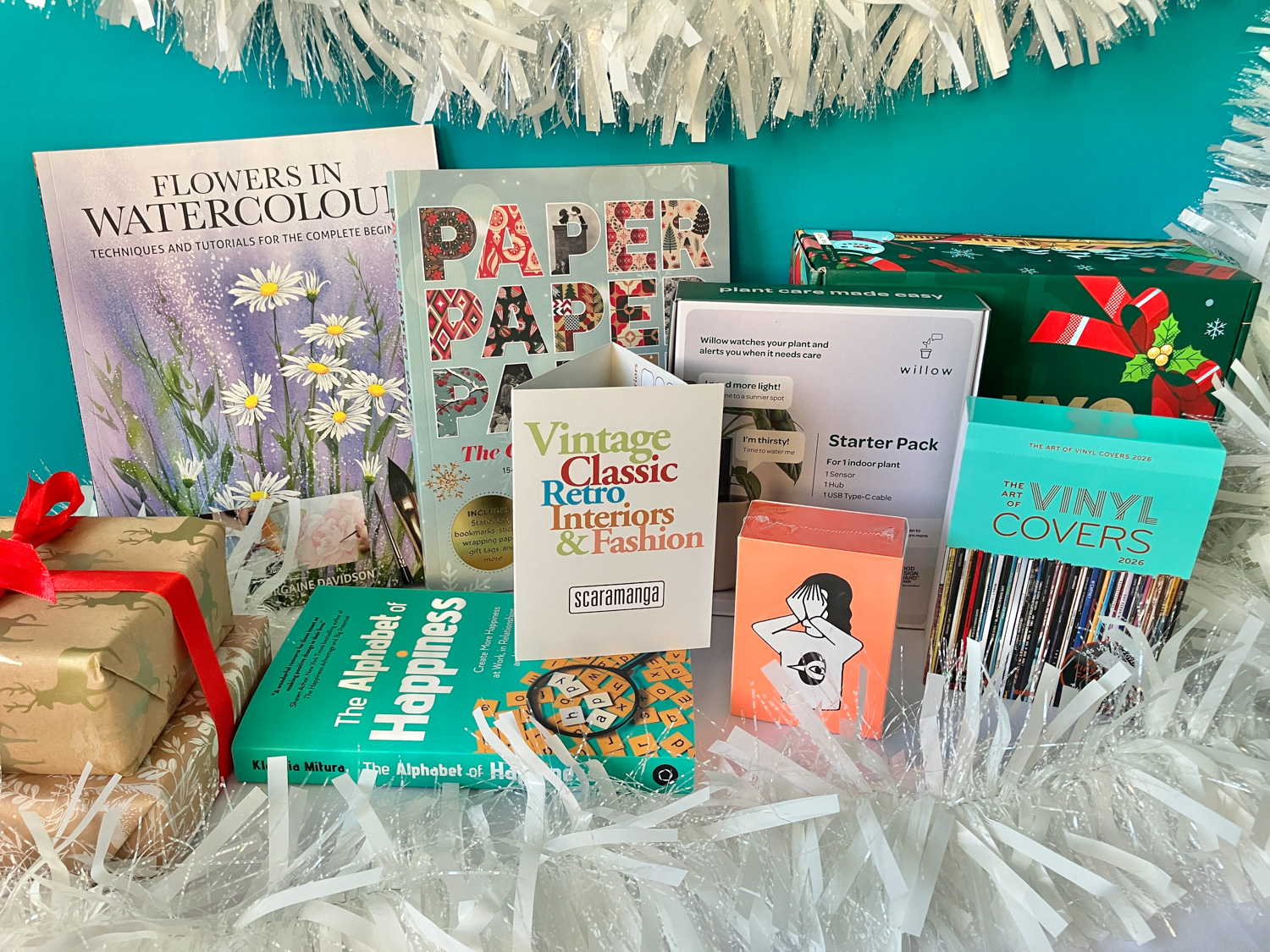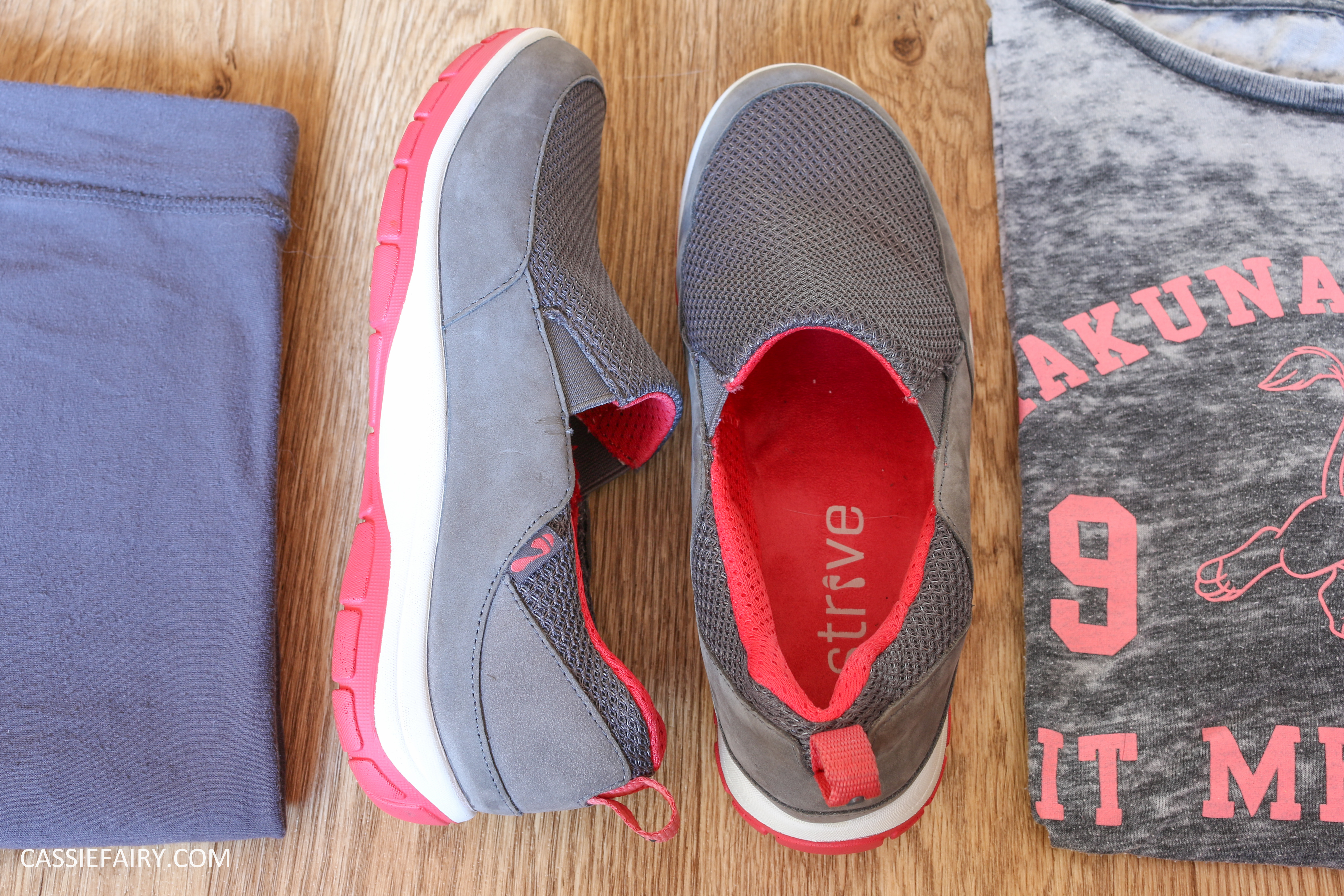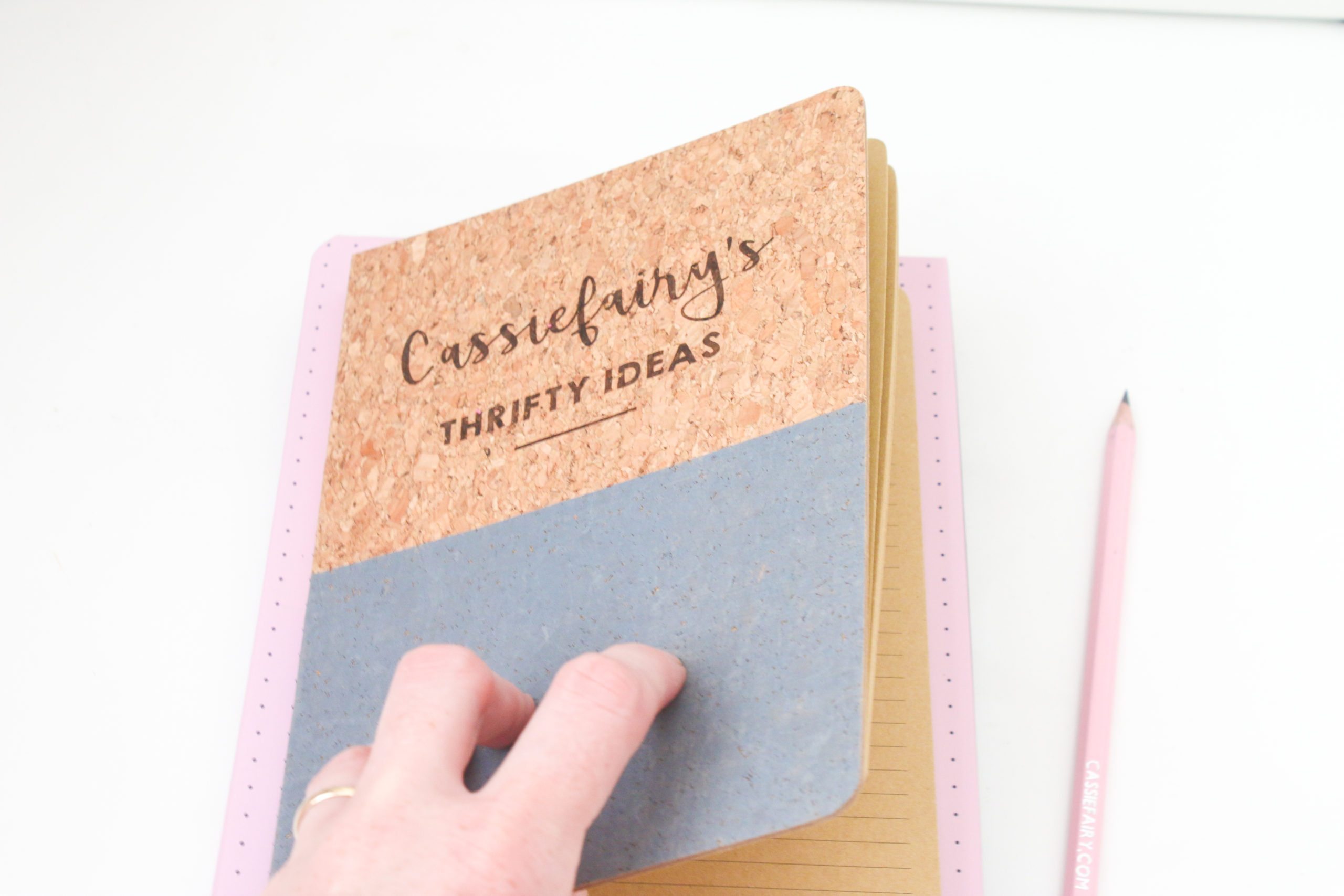If one of your new year’s resolutions is to save more money, you’ve come to the right place! Not only will you find plenty of money-saving tips on my blog (you should subscribe!) but I’m also talking about all things savings-related in today’s blog post. I’ve teamed up with Shepherds Friendly to bring you the results of an in-depth survey on UK savings and how you can improve your own savings habits this year.

I read a survey this week on the state of UK savings habits. The YouGov survey asked 2000 adults about their saving habits, what they’re saving for and where they keep their savings and the results surprised me. I thought that I was doing pretty well by saving every month but perhaps I could be doing it better…
LONG TERM & SHORT TERM SAVINGS
While 42% of survey respondents say that they save money every month, the majority of people said it was for short term plans or for ‘nothing in particular’. Whether you’re saving for a short term goal (such as the 30% of people saving for a holiday or the 9% who want to buy a new car) or a long term plan (paying off the mortgage, your retirement, your child’s future etc) it’s important to put away something each month. Sure, it’s a good idea to have the money saved in advance for a trip or home renovation (16% of people put aside cash to do up their home) rather than using credit cards, but it’s also extremely important to build a nest egg for the future.

Perhaps you could improve your savings habits this year by putting aside money for long-term goals in an ISA? If you’re saving for a deposit for your home, the Help To Buy ISA will boost your savings by 25% which, when I bought my own home, covered all our home-buying fees! That doesn’t mean you can’t continue to stash extra cash for short-term purchases such as a new piece of technology (6% of people save for this) and avoid getting credit on these items. You can start by saving small but regular amounts of money by making your own daily coffee and taking it with you in a travel cup rather than buying from the coffee shop (likewise with lunch and bottled water). These small savings will soon add up each week without you feeling the pinch.
HOW LONG WOULD YOU SURVIVE?
One of the interesting statistics of the survey is that 61% of the 2000 respondents wouldn’t have enough money to survive a full year if they lost their income. One of my essential savings pots is our household account, where I’ve always tried to build up savings in order to cover all our expenses for a prolonged period of time. It’s important to add more each month than you take out, in order to grow your ‘rainy day’ savings. That way, any change in circumstances would be eased by the fact that you have money in the bank, ready to support you when you need it. If you only start one savings account this year, make it this back-up one!
WHERE DO YOU SAVE?
I found the section about where people save their money really interesting. 21% of people are still saving in a jar in their home, which I think is a very effective way of squirrelling away money without feeling the pinch. Even if you just put all your loose change into it and then take it to the bank after a few months, you’ll be surprised at how much it adds up to. This is a good way to save for expenses that you know are coming up, such as Christmas. Imagine if you put aside all your spare money – yes, even pound coins and fivers – into a piggy bank and then opened it in 11 months time. I bet you’ll have enough for the Christmas dinner and maybe even all your presents too!

I also realised that I could be saving ‘better’ by moving my money into a different account. Like 62% of people, my savings are all in regular savings accounts. I could earn interest without paying tax on it if I moved my money to a Cash ISA or Investment or Lifetime ISA. Where do you keep your savings at the moment? Could you be better off with an ISA or Help To Buy account? If you’re starting a new savings account for 2019, it’s worth thinking about where you want to save your money and whether you can get any benefits from using a different kind of account.
If you want to read more about the UK’s savings habits, including what each country and region is doing or to see how you compare to other savers and to learn what you could be doing to improve your financial position have a read of the survey for yourself.
What are your savings goals for 2019? What do you plan to do with the money you save? How will you make it happen? Let me know in the comments below and commit to growing that bank accounts! Thanks to Shepherds Friendly for sharing their YouGov survey results with me in this blog post.
This article is a sponsored collaboration. The pink links in the content indicate a sponsored link or information source. The blog post reflects my own experience and the sponsor hasn’t had any control over my content 🙂






















